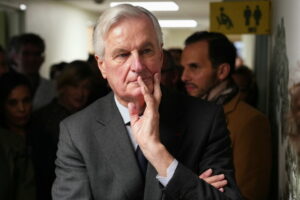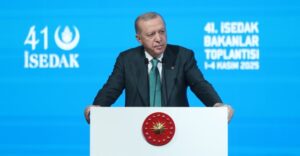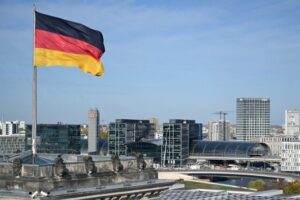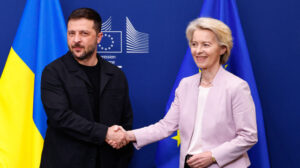In a decisive move to break the deadlock in the state budget approval process, French Prime Minister Michel Barnier has moved to activate Article 49.3 of the Constitution. With this decision, she bypasses the vote in Parliament and assumes full political responsibility for the adoption of the budget.
As BFMTV reported, Barnier said: “I have reached the end of the dialogue with the parties. I believe we have now reached a moment of truth that brings everyone to face their responsibilities.” He stressed that his decision was dictated by the need to defend the collective interest against certain political or economic pressures. “I think the French would not forgive us for preferring certain interests over the future of the nation,”
he said.
The use of Article 49.3 allows the government to pass bills without parliamentary approval unless a motion of censure is tabled and passed. It is a controversial tool, often criticized as undemocratic, but it remains legal and constitutional in France.
This decision by the Prime Minister has already provoked a reaction from opposition parties, who accuse the government of authoritarianism and lack of respect for the democratic process. For its part, the government argues that the activation of the article was necessary to avoid further delays in making crucial decisions for the country.
Contacting Le Pen
Earlier today, Prime Minister Galos and Marine Le Pen, had a telephone conversation. “The bill to finance social security was the subject of an agreement between the National Assembly and the Senate in a joint committee for the first time in 14 years,” Matignon pointed out in the release.
However, Barnier made another retreat today in fear of a possible impeachment motion against his government, following an “ultimatum” from French far-right leader Marine Le Pen and her chosen one, Jordan Bardela.
The government’s commitments and the far-right’s stance
According to a press release, the Paris government pledges “that there will be no reduction in reimbursement for prescription drugs in 2025″, one of the demands of the far-right National Rally (RN) party, whose leader is Jordaan Bardela, Le Pen’s “purse”.
“Many requests have been made on this issue (of health care). Marine Le Pen, on behalf of the National Rally, reminded the prime minister of this issue again this morning during a telephone conversation,” the statement said.
It is noted that a few hours earlier, Bardela, president of the National Rally, claimed that the far-right party would support a proposal of no-confidence against the government in the coming days unless a “last-minute miracle” takes place.
“The vote to censure the government, and therefore the absence of a budget for the year 2025, will break this essential momentum to protect our fellow citizens by blocking the proposed €3.3 billion increase for our defense budget,” said Armed Forces Minister Sebastien Lecornoux in a post on the X platform.
The minister pointed out the specific consequences of a possible impeachment motion: “For our soldiers, this would mean the immediate impossibility of increasing their salaries. And the inability to recruit the 700 additional planned employees,” he asserted.
Article 49.3, Barnier’s prerogative
Such a move would trigger a vote of no confidence, which he could only survive if Le Pen’s party abstained, with the French prime minister having little chance of finding support from the left.
It should be noted that the far-right National Rally party is the largest in the 577-seat French National Assembly, with more than 140 deputies. Last Thursday, Barnier cancelled a previously planned electricity tax increase in a concession to his opponents.
The government can amend the draft law up to the last minute, and the National Assembly speaker urged Barnier to do so.
The Socialist Party, part of the left-wing opposition, told Barnier it would vote against it if it implemented Article 49.3, saying it would have “no choice.”
For his part, the French prime minister has promised to improve France’s fiscal position by 60 billion euros in 2025, with the hope of reducing the public sector deficit to 5 percent of gross domestic product, down from 6.1 percent of GDP this year.
Ask me anything
Explore related questions





